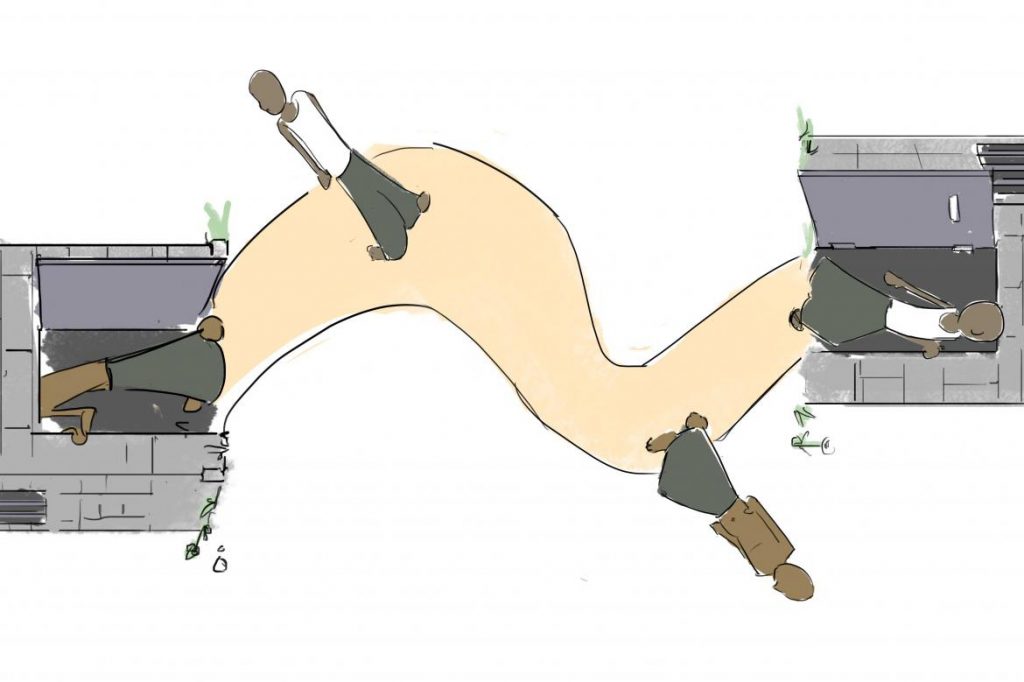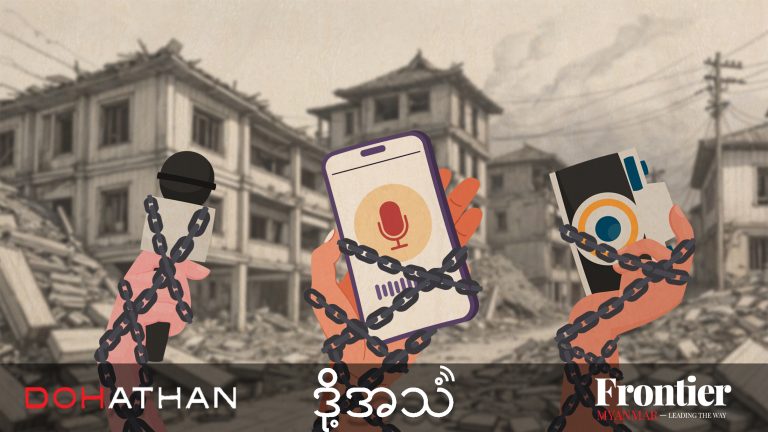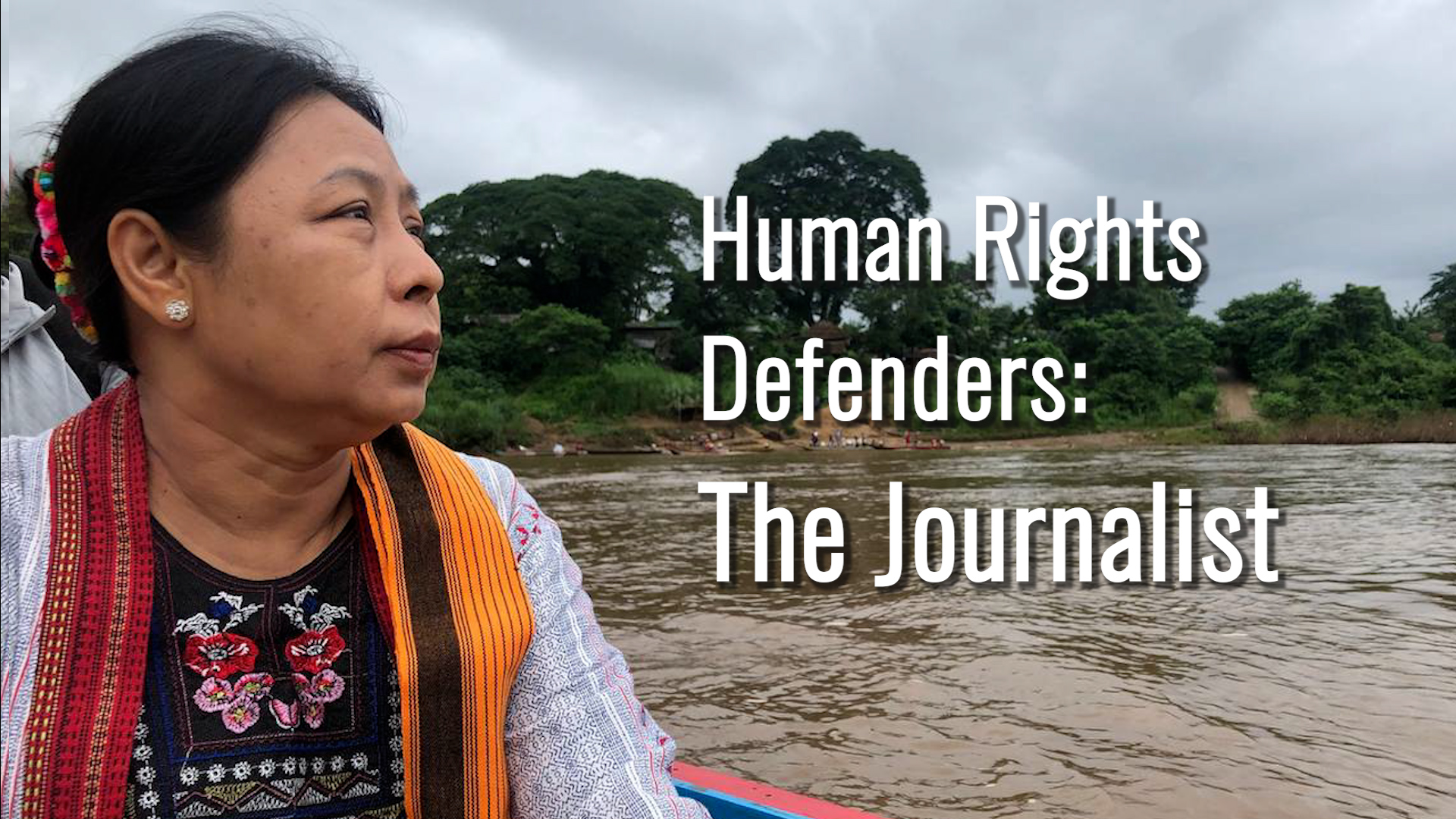If the Tatmadaw wants to show it’s sincere, it should issue a public commitment to no longer use these unjust laws in the first place.
JULY 31: Myanmar Now editor-in-chief Ko Swe Win. The same day: two National League for Democracy members in Nay Pyi Taw. August 4: U Kyaw Min Swe, editor-in-chief of The Voice Daily. August 11: corruption complainant Ko Michael Kyaw Myint.
In less than two weeks, all of these people were granted bail while facing online defamation charges filed under 66(d) of the Telecommunications Law.
There may be more cases; such is the abandon with which 66(d) is being used, it’s hard to keep up. Consider that while activists say at least 90 cases have been filed since the law was introduced, Deputy Minister for Transport and Communications U Kyaw Myo recently told parliament that there had been 187 since April 2016.
Regardless, the granting of bail, particularly in relation to such an odious charge, is welcome. Nobody should go to prison for defamation.
However, the decisions from the township judges also serve to mislead on the recent amendments to the Telecommunications Law that were passed by parliament last month and signed by President U Htin Kaw on August 29.
Support more independent journalism like this. Sign up to be a Frontier member.
The amendments were widely criticised as inadequate, as they failed to address the majority of the law’s failings. There’s not enough space to run through all of them here, but for a start there’s no definition of defamation or exceptions such as truth, public interest or opinion.
The major improvement from the amendment bill was that it will now be more difficult for a third party to file a complaints – that is, someone other than the “defamed” party. The punishment has been reduced from two to three years.
Aside from that, the law remains largely the same. But to the casual observer, the situation has noticeably improved, because in most prominent cases the defendant has been released on bail.
It’s difficult to see the recent decisions granting bail as anything other than a cynical attempt to deflect public criticism of the amendment bill.
The government or NLD may not necessarily have directed the judiciary to do this. But it’s clear that the judges are taking their cues from some person or institution, because they’re now all singing from the same charge sheet.
Let’s be clear. There is no guarantee of bail; it remains up to the judge’s discretion. That means that at any point, judges can once again resume locking up people for sharing a Facebook post.
And then there’s the recent announcement that the Tatmadaw would drop charges against journalists and activists.
Again, this is obviously a welcome development, and one that government and NLD officials should replicate by dropping their own defamation suits.
But it’s not something for which the Tatmadaw deserves any praise – not least of all because it still needs to follow through on the commitment, and because the whole exercise seems aimed at distracting from events in Rakhine State.
Bringing unjust charges against journalists and activists, locking them up for a few months and then deciding to let them go is not a display of magnanimity. It’s just bullying designed to instil fear – and it’s working.
Consider the case of the three journalists arrested in northern Shan State under the Unlawful Associations Act for contact with the Ta’ang National Liberation Army. You can be sure that many of their colleagues will be thinking twice before travelling to Laiza, Wanhai or Panghsang.
If the Tatmadaw wants to show it’s sincere, it should issue a public commitment to no longer use these unjust laws in the first place. That would be real progress, and something that Frontier could get behind.
Of course, that seems unlikely to happen any time soon. That’s why the government and parliament should act first by introducing real legal reform that ensures the fundamental rights of all people in Myanmar are protected.
This editorial originally appeared in the September 7 edition of Frontier.







